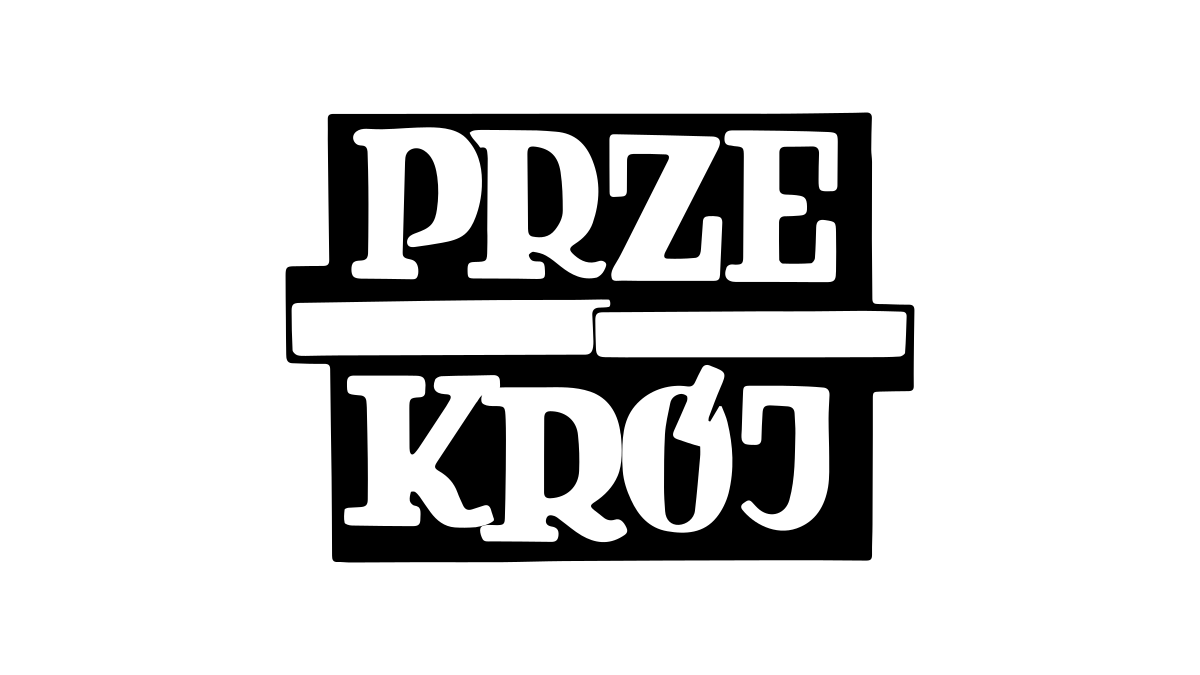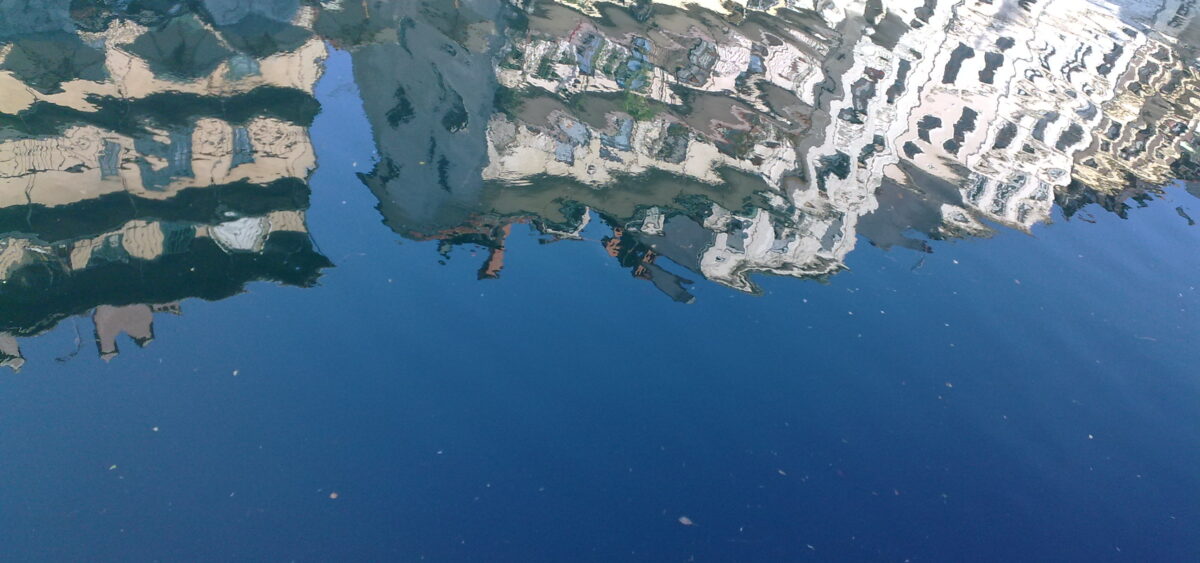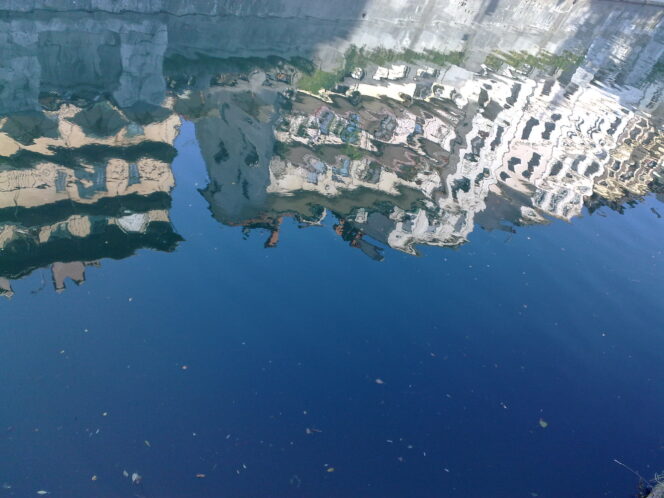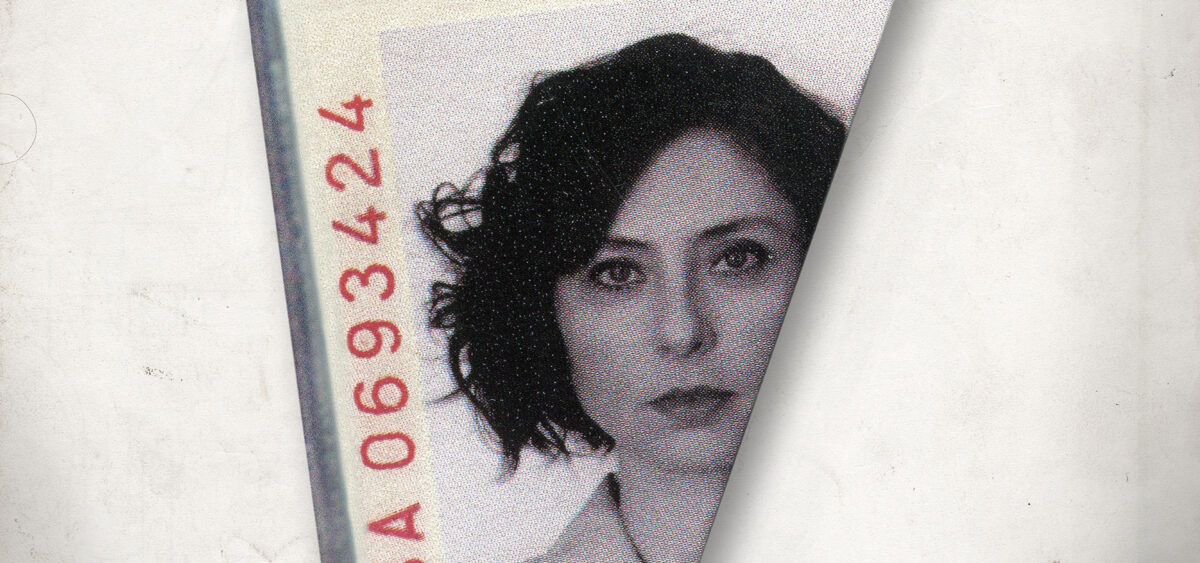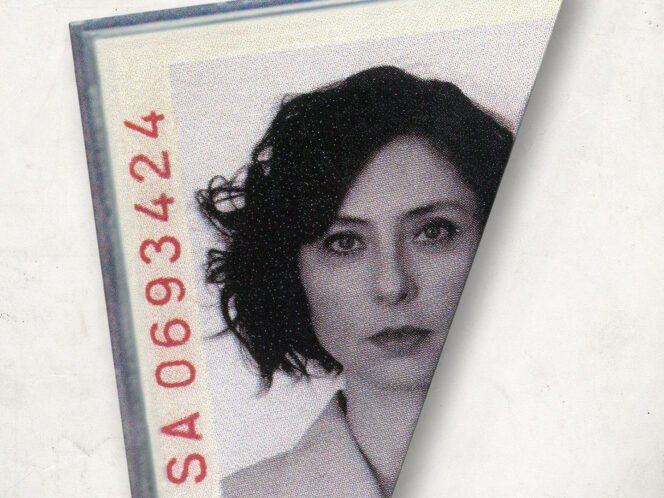
On February 26th, 1992, following its declaration of independence from Yugoslavia and victory in the Ten-Day War, the government of newly-independent Slovenia erased 25,671 people (1.3% of the population) from its register of permanent residents. Overnight, these people—many of whom had lived in Slovenia since early childhood and had Slovenian parents and/or children—lost all of their citizens’ rights, waking up as illegal immigrants in their homeland. This decision by the government was poorly communicated; many of the so-called “erased” had no idea about their new status until they came into contact with the state via a hospital appointment or a border check on a trip to a neighboring country.
It is perhaps surprising, then, that there has been little public debate in Slovenia about the erased. This is what spurred Miha Mazzini to first write the novel Izbrisana [Erased] about the topic in 2014, followed by a feature film of the same name in 2018. In this excerpt from the as-of-yet unpublished English-language translation of the novel, we meet two of its protagonists—Nikola and Zala—as they have an unpleasant surprise when trying to return to Nikola’s apartment in Ljubljana.
You can read more about the history of the erased here.
They set off across the bridge to the other side of Ljubljana, past the railroad station and continued on to an old housing development of apartment blocks with even older apartment buildings in between them. The yellow pollen
